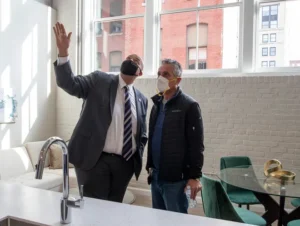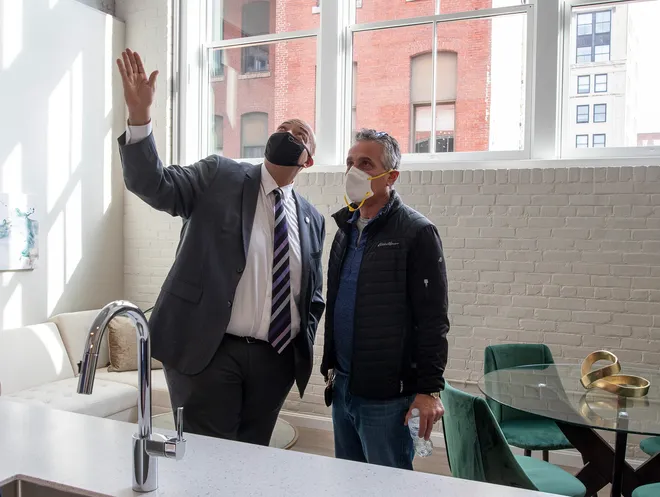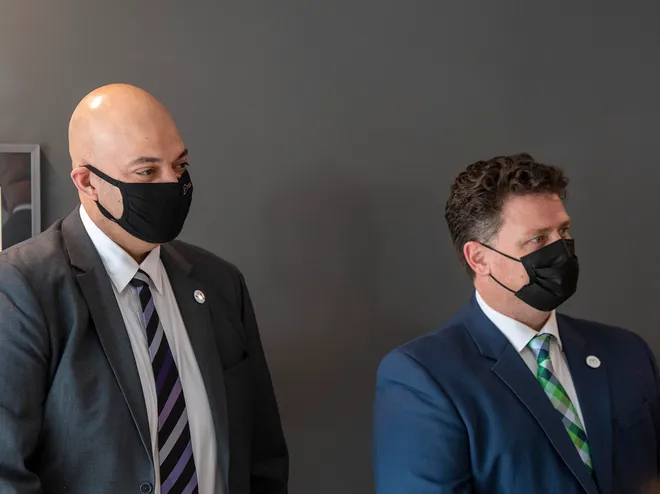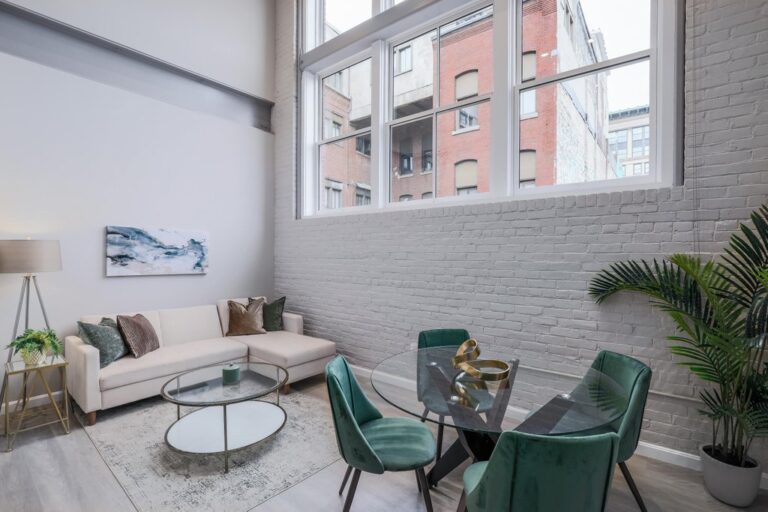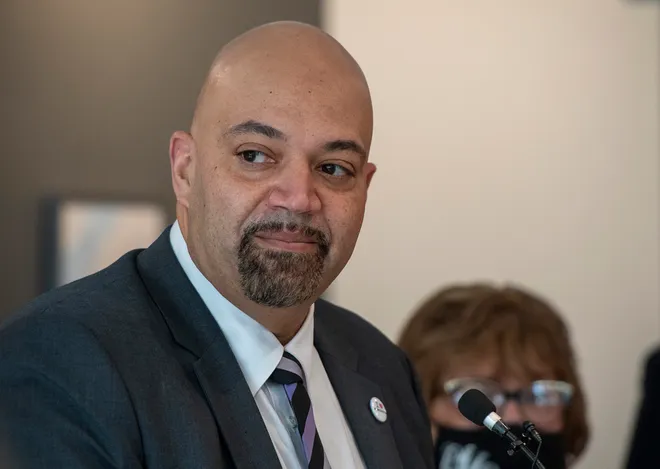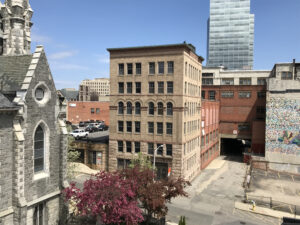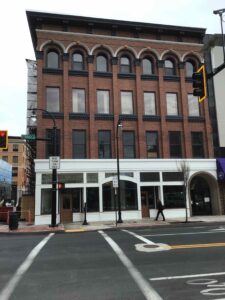Turning a vision into reality
Rengel, who is an architect by trade, said it’s an “interesting challenge” for him to evaluate the potential for historic and nearly abandoned properties, getting an opportunity to envision what the future of a building could be and making that vision a reality.
“The ability to encourage people to see the Theater District as a place to be, a place to work, a place to recreate, and where they’re comfortable and feel safe and really yearn to get back to after they leave — that’s what we’re targeting,” he said.
The group was so focused on keeping things “hyper-local” they made the decision to sell their property at the Vendome Apartments and give full attention to the Main Street corridor, Rengel said.
Like the historical buildings the group is revitalizing, Worcester also has great bones, Rengel said. His vision involves bringing residential density back downtown after residents left the city for the suburbs, he said.
“After an evening ball game, you’ve got people walking up and down Main Street, parking at the garage next to 554 Main, traversing downtown in a way that wasn’t happening six months ago,” he said. “That changes the dynamic of a neighborhood very quickly, even overnight, and that’s what we dream for downtown Worcester and bringing these buildings back to life — creating opportunities to gather and live in the neighborhoods, and creating a new environment for downtown Worcester.”
Rengel said a challenge with developing luxury properties in Worcester arises from its status as an economically-challenged environment.
“You have construction costs generally on par with Boston, yet the rents you can collect from tenants and residents is about 60% of what you can charge in Boston,” he said. “It’s not viable. People are not willing to pay Boston rents in downtown Worcester — yet. The gap is narrowing. People are seeing Worcester as a viable commuter option and see it as having great quality of life, sports teams, and as an alternative to paying exorbitant rent.”
While some of the buildings the Menkiti Group are developing are beautiful in their historic nature, Rengel said deferred maintenance of the buildings over the past several decades means they require additional investment that a properly maintained building wouldn’t have.
But the city and state can help. City and state programs are in place to help develop these valued buildings, which Rengel said is critical to developing in these areas.
As a businessman, Menkiti said he always believed he was nothing like his father. But as the years pass, he finds himself repeating the mantras of his father and their shared heritage.
“What I’ve realized is I’ve been shaped a lot more than I give credit to by my dad, especially in this idea that community is really important. There’s this African principle: We are because I am, and therefore I am because we are,” he said, paraphrasing Ubuntu philosophy. “It’s this idea that our destinies are all inextricably linked and we have to see our individuality in the lens of being part of a community.”
